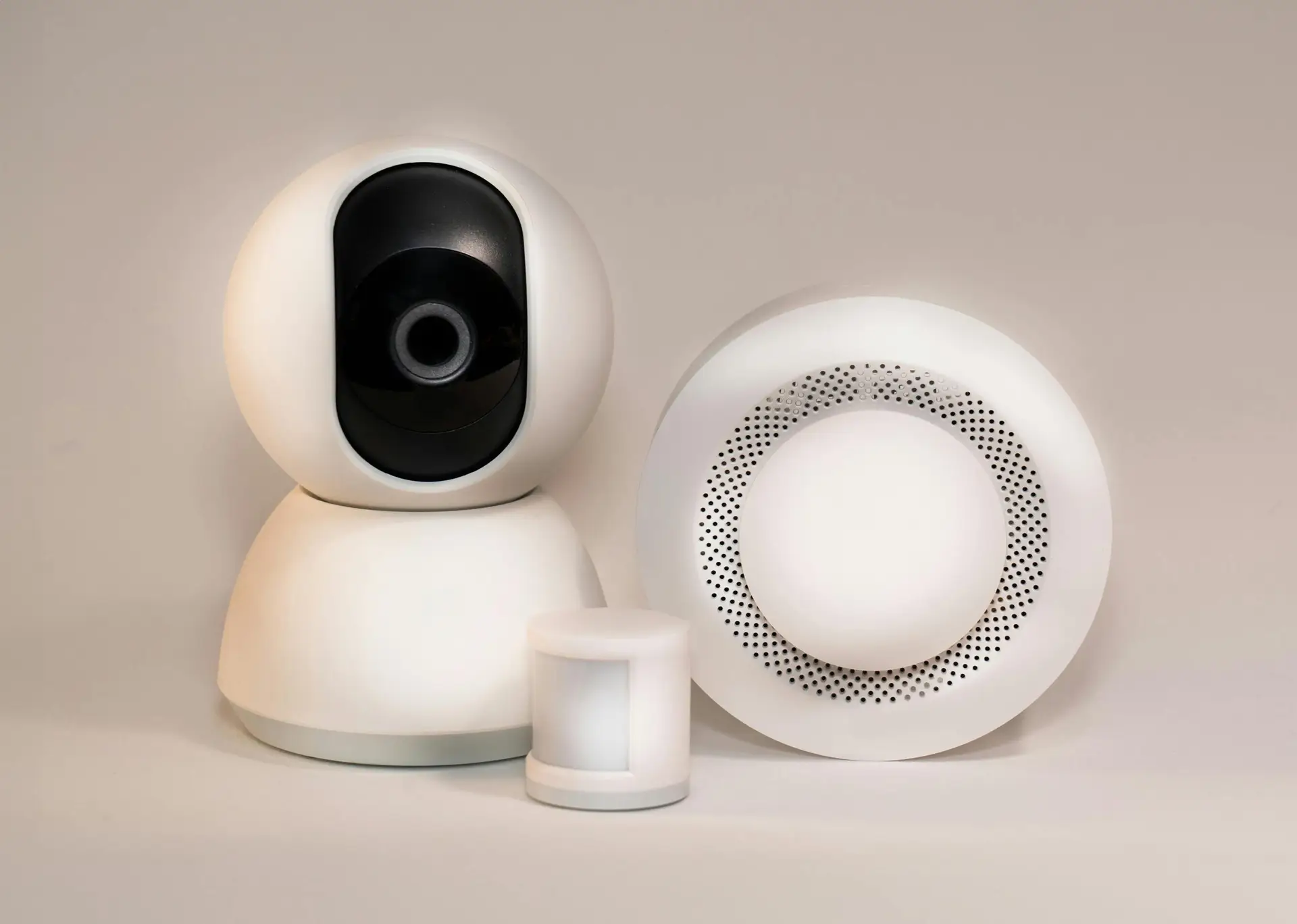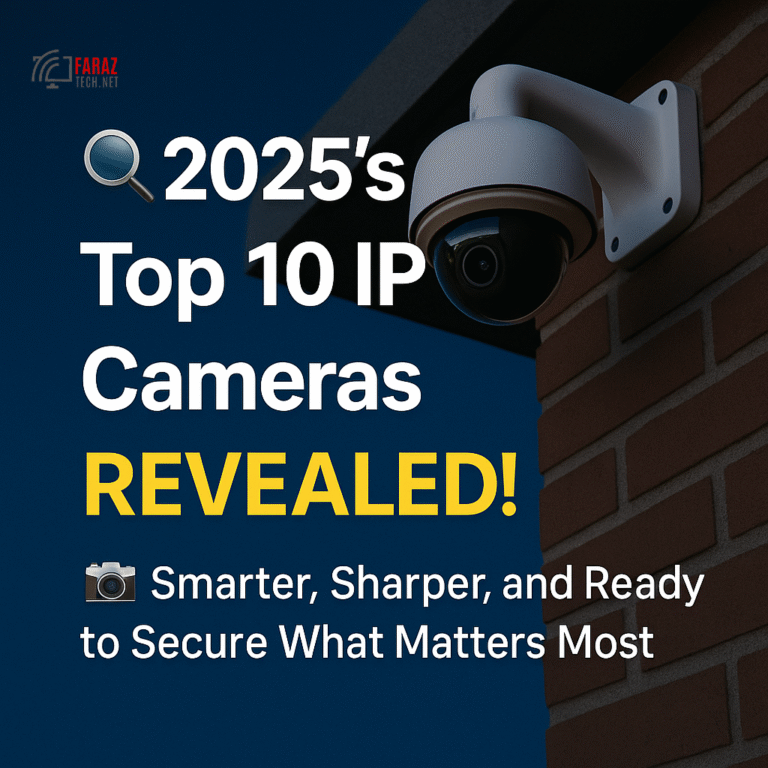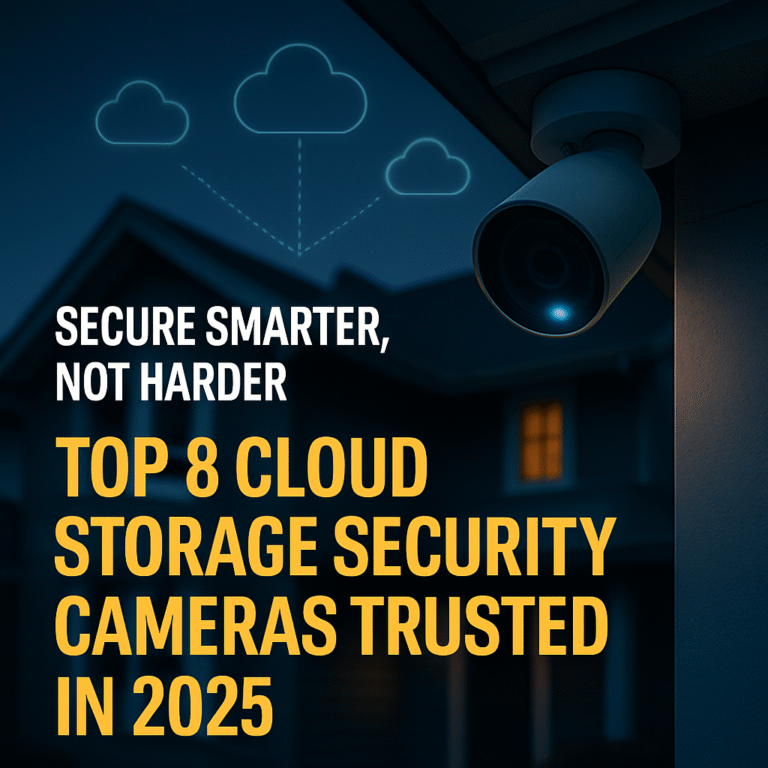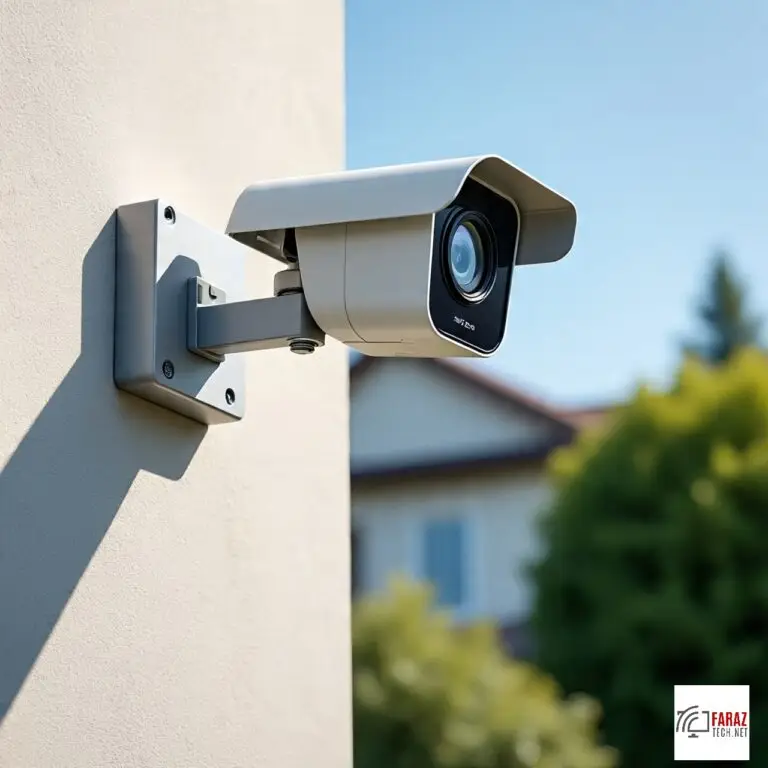Choosing the right security system in 2025 isn’t as straightforward as it used to be. One of the most common dilemmas buyers face today is the decision between wired vs wireless CCTV systems. Each has evolved significantly in recent years, integrating modern technologies like AI, remote access, and high-definition recording. But how do you decide which is the best CCTV type for your home or business?
In this guide, we’ll break down both types, compare their features, weigh the pros and cons, and help you make an informed decision with a clear wireless security camera comparison against wired systems.
Understanding the Basics
What is a Wired CCTV System?
Wired CCTV systems rely on physical cables to connect the cameras to a central recording unit and power source. These systems often use coaxial or Ethernet cables and are traditionally known for their reliability.
What is a Wireless CCTV System?
Wireless CCTV systems use Wi-Fi or other wireless protocols to transmit video footage to a recording device or cloud storage. Some models are battery-powered, while others require an electrical connection.
Installation: Simplicity vs. Stability
Wired Systems:
- Complex Installation: Requires running cables through walls, ceilings, or outdoor paths.
- Professional Help Needed: Installation often involves an expert, especially for large setups.
- Stable Signal: Offers uninterrupted video transmission without worrying about Wi-Fi interference.
Wireless Systems:
- Quick Setup: Ideal for DIY enthusiasts.
- Flexible Placement: No need to worry about cable paths.
- Signal Reliability Depends on Network: Poor Wi-Fi can impact performance.
Verdict: Go wired if you need long-term, reliable infrastructure. Choose wireless if you prefer speed and ease.
Performance & Quality
Wired CCTV:
- High Video Quality: Consistent and lossless footage.
- Low Latency: Real-time monitoring without delays.
- Stable Power Source: No risk of battery running out.
Wireless CCTV:
- Variable Quality: Quality may drop with poor network or interference.
- Slight Lag Possible: Especially on busy networks.
- Battery Dependency: Some models need frequent charging.
Verdict: For uninterrupted 24/7 coverage and better video quality, wired wins.
Flexibility and Scalability
Wired Systems:
- Fixed Setup: Harder to move or expand without rewiring.
- Requires More Planning: Future expansion means more cabling.
Wireless Systems:
- Highly Flexible: Move cameras easily or add new units anytime.
- Easier Expansion: Just connect new cameras to the network.
Verdict: Wireless takes the lead in terms of flexibility and future-proofing.
Security & Data Protection
Wired Systems:
- More Secure: Physical connections are harder to intercept.
- Local Storage: Reduces the risk of hacking or cloud-related issues.
Wireless Systems:
- Potential Vulnerabilities: Susceptible to hacking if not properly encrypted.
- Cloud Dependence: Some systems rely entirely on online storage.
Verdict: Wired systems have the upper hand for sensitive or high-security environments.
Cost Comparison
Wired Systems:
- Higher Upfront Costs: Equipment and installation can be expensive.
- Lower Maintenance: Once installed, it needs minimal intervention.
Wireless Systems:
- Lower Initial Cost: Especially if you install it yourself.
- Recurring Costs: Cloud storage subscriptions and battery replacements.
Verdict: Wireless wins in short-term affordability; wired wins in long-term value.
Smart Features and AI Integration
In 2025, both types support smart features like:
- Motion Detection
- Facial Recognition
- Object Tracking
- Mobile Notifications
However, wired systems often come with more robust hardware, allowing better integration with advanced AI capabilities without lag.
Verdict: Slight edge to wired systems for advanced AI surveillance setups.
Power Supply and Backup
Wired Systems:
- Constant Power: Connected to the main supply.
- Backup Options: Can be integrated with UPS for outages.
Wireless Systems:
- Battery Operated: Risk of power loss if not charged.
- Solar Options Available: Some outdoor cameras include solar panels.
Verdict: Wired systems offer more consistent power solutions, especially for critical areas.
Real-World Use Cases
Wired CCTV:
- Ideal for large facilities, banks, schools, warehouses, and areas requiring 24/7 surveillance.
Wireless CCTV:
- Perfect for homes, small shops, temporary setups, or rented properties.
Pros and Cons Summary
| Feature | Wired CCTV | Wireless CCTV |
|---|---|---|
| Installation | Complex | Easy/DIY |
| Reliability | High | Network-dependent |
| Video Quality | Excellent | Variable |
| Flexibility | Low | High |
| Security | Strong | Needs encryption |
| Cost | High upfront | Lower upfront, recurring |
| Power Supply | Continuous | Battery/solar |
Final Thoughts: Wired or Wireless?
So, which one should you buy?
- Choose wired CCTV if you want long-term stability, higher video quality, and robust security. It’s the best CCTV type for large or critical installations.
- Choose wireless CCTV if you need flexibility, easier installation, and a more affordable starting point. It’s ideal for temporary or smaller applications.
At the end of the day, the choice between wired vs wireless CCTV comes down to your specific needs, environment, and budget.
If you’re unsure, a hybrid system that supports both types may offer the best of both worlds.







This article is best to choose between wireless or wired CCTV cameras.